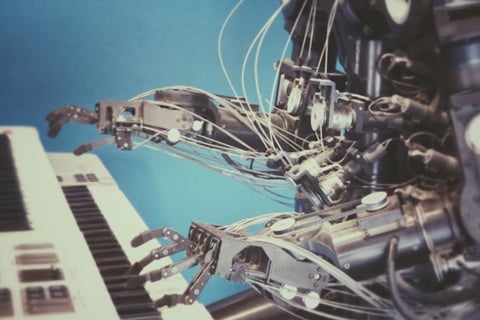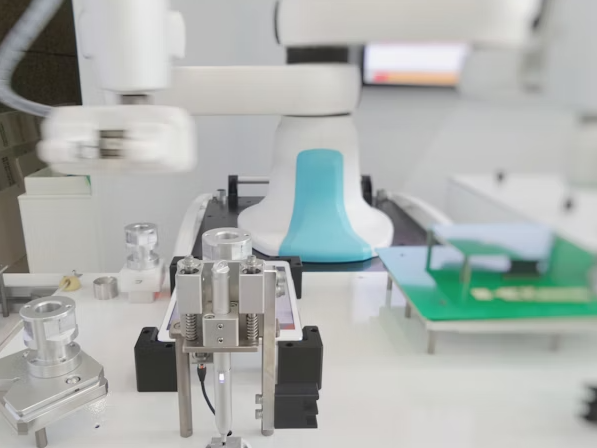



The development of intelligent automation has led to a profound change in the structure of knowledge and service jobs. Jobs with strong repetitiveness and regularity are gradually being replaced by automation technology, such as data entry clerks and basic document processing personnel. For example, the demand for such jobs has decreased. Taking the translation industry as an example, simple text translation work can now be efficiently completed by machine translation software.
This has also given rise to new job demands, such as artificial intelligence trainers, who are responsible for providing high-quality data for intelligent translation systems and optimizing translation models; and cross-disciplinary compound talents who not only have professional knowledge, but are also proficient in using intelligent tools and conducting human-computer collaboration, such as legal intelligent analysts who have legal knowledge and artificial intelligence technology capabilities, who can use intelligent systems to retrieve legal provisions and analyze cases, and provide support for complex legal affairs.





Intelligent automation has brought new business innovation opportunities to knowledge and service work. In the field of knowledge work, intelligent recommendation systems analyze users' knowledge needs and behavioral habits to accurately push personalized knowledge content to users. For example, academic platforms use intelligent algorithms to push relevant cutting-edge research results and academic conference information based on researchers' research directions and historical browsing records, promoting the efficient dissemination and use of knowledge.
In terms of service work, intelligent automation promotes the upgrading of services towards personalization and intelligence. Taking medical services as an example, with the help of intelligent diagnosis systems, doctors can combine patients' genetic data, medical history records and real-time monitoring data to make more accurate disease diagnosis and treatment plans. In the field of education, intelligent learning platforms can dynamically adjust teaching content and methods according to students' learning progress, knowledge mastery and learning style, so as to achieve "teaching students in accordance with their aptitude". This business innovation based on intelligent automation not only improves service quality and efficiency, but also enhances the market competitiveness of enterprises.


Although intelligent automation brings many strategic opportunities, it is also accompanied by a series of potential risks and challenges. Data security and privacy protection issues are particularly prominent. Intelligent automation systems collect and process a large amount of user sensitive information during operation. Once a data leak occurs, it will cause serious losses to enterprises and users. In addition, algorithmic bias may lead to unfair decision-making and affect the fairness and reliability of services. For example, in scenarios such as recruitment screening and credit approval, if the algorithm of the intelligent automation system is biased, it may produce discriminatory results for specific groups.
At the same time, the widespread application of intelligent automation technology may also cause employees to worry about their career development, leading to an increased risk of talent loss. Enterprises need to formulate a comprehensive risk management strategy, strengthen data security protection, establish an algorithm review mechanism, and ensure the fairness of decision-making; at the same time, through employee training and career transformation support, help employees adapt to technological changes and achieve collaborative development between man and machine.
In summary, the strategic impact of intelligent automation on knowledge and service work is comprehensive and multi-layered. Enterprises and industries need to fully recognize these impacts, actively seize opportunities, effectively respond to challenges, and achieve innovative business development and continuous improvement of competitiveness through the reasonable application of intelligent automation technology.